
Medically integrated dispensing (MID) improves monitoring and supports value-based care, but startup costs and payer barriers remain, notes Katherine Tobon, PharmD, BCOP.

Medically integrated dispensing (MID) improves monitoring and supports value-based care, but startup costs and payer barriers remain, notes Katherine Tobon, PharmD, BCOP.

Susan Vadaparampil, PhD, MPH, highlights disparities in cancer outcomes and trial enrollment but underscores that linking community screening programs with cancer centers may help.

Targeted therapies, bispecifics, and CAR T-cell therapies are giving patients with multiple myeloma hope for long-term remission or a potential cure.

Jose Guzman Garcia, PharmD, MHA, BCCCP, discusses key pharmacy initiatives at UC Davis Health.

Bhavana (Tina) Bhatnagar, DO, discusses the transformative role of AI in enhancing patient care at West Virginia University Cancer Institute.

Delays in breast cancer diagnosis and treatment highlight the need for improved human capital investment in health care systems, explains Adam Brufsky, MD, PhD.

Danielle Roman, PharmD, BCOP, explains why a collaborative, team-based approach is essential to solving resource challenges in community cancer care.

Prerna Mewawalla, MD, discusses innovative strategies to enhance cancer care access, reduce clinician burden, and improve clinical trial diversity in real-world settings.

Despite the impact of targeted treatment in oncology, much work remains to bring these therapeutics to all patients, says Bhavana (Tina) Bhatnagar, DO.

Kavita Nair, PhD, FAAN, shares how new therapies and ongoing clinical trials are reshaping the future of neurological care and offering new hope to patients.

Michael Hassett, MD, explains the evolving landscape of HER2-positive breast cancer treatment and the role of CDK inhibition in personalized therapy strategies.

Adam Brufsky, MD, PhD, addresses how the COVID-19 pandemic affected breast cancer screening rates across Pittsburgh.

Kavita Nair, PhD, FAAN, discusses academic medical centers' unique role in diagnosing and managing neurodegenerative diseases.

Jasmine Eugene, PharmD, explains how pharmacists practicing at the top of their license improve rural oncology access and ease physician workload.
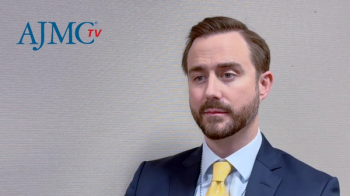
Clark Alsfeld, MD, discusses how telemedicine, pharmacists, and evolving policies help overcome financial and geographic barriers in oncology care.

Danielle Roman, PharmD, BCOP, discusses the challenges of accessing genomic test results and managing prior authorization in patient care for breast cancer.
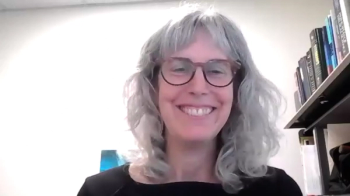
Diet and wellness impact multiple sclerosis management, enhancing quality of life and reducing fatigue through lifestyle changes and holistic approaches.

Broader eligibility, real-world data, and community partnerships are expanding access to CAR T-cell therapy.

Explore how the Veteran Affairs (VA) MS Centers of Excellence enhance veteran care through a hub-and-spoke model, telehealth, and groundbreaking research.
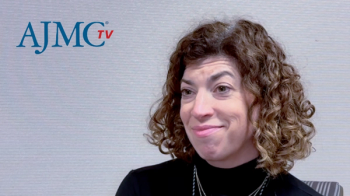
Ochsner MD Anderson expands cancer care access in Louisiana through community partnerships, technology, and strong patient-physician relationships.

Nurse practitioners play an essential role in diagnosing, treating, and supporting individuals living with Alzheimer disease.

Melanie Sheen, MD, describes efforts to boost diverse clinical trial enrollment through trust, community partnerships, and equitable patient engagement.
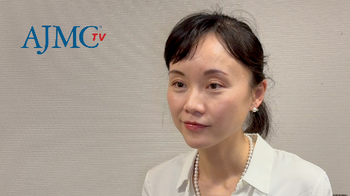
Oncology care advances target social determinants of health through AI, patient education, and community engagement.

Early intervention and effective therapies are transforming multiple sclerosis management, enhancing patient outcomes, and delaying disability progression.

Darla Chapman, DNP, ARNP, University of Washington, speaks on the evolution of Alzheimer diagnosis, emphasizing early detection and innovative biomarkers.
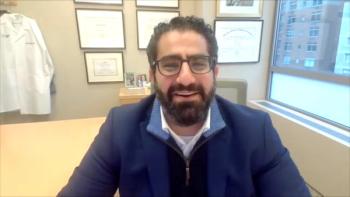
Using artificial intelligence (AI) to specialize treatment for patients with different kinds of cancer can be a boon to clinicians looking to personalize their care.

Guideline-directed medical therapy used with remote monitoring can potentially reduce hospitalization in patients with heart failure with ejection fraction.

New methods of testing tissue and plasma beyond next-generation sequencing (NGS) could be used to deliver the best therapeutic options for patients with cancer.

Marcus Flores, PharmD, BCPS, BCOP, discusses the vital role of pharmacists in multidisciplinary cancer care, exploring collaboration, patient-centered strategies, and AI.
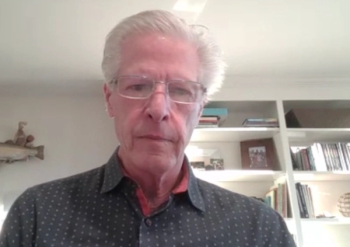
Ken Cohen, MD, FACP, discusses how new cognitive assessment tools are improving Alzheimer disease diagnosis.

259 Prospect Plains Rd, Bldg H
Cranbury, NJ 08512
© 2025 MJH Life Sciences®
All rights reserved.
